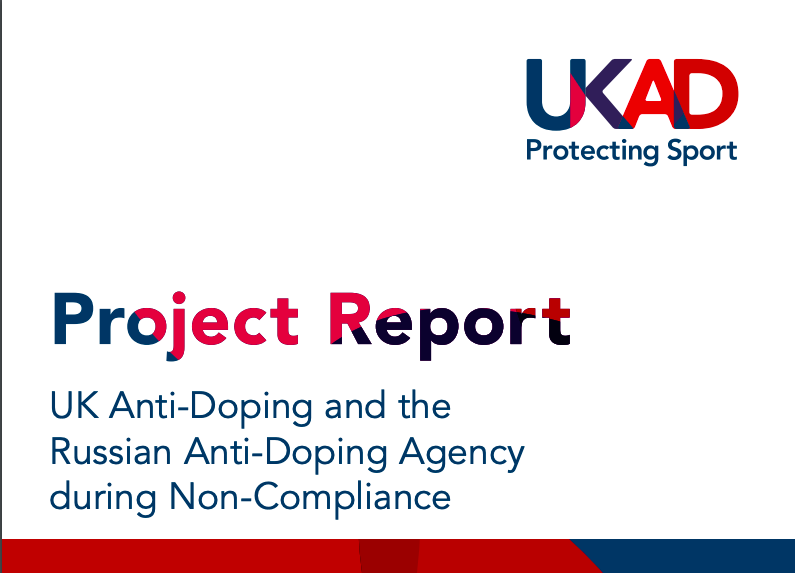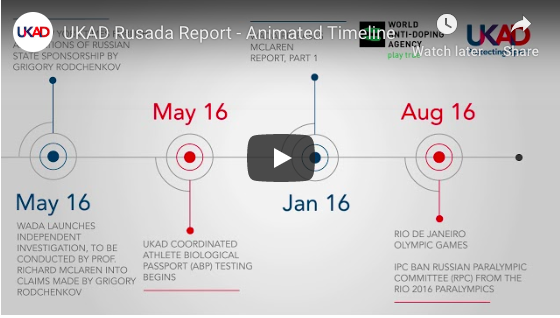When Sports Integrity Meets Diplomacy
Today the World Anti-Doping Agency (WADA)’s Executive Committee endorsed unanimously a recommendation that the Russian Anti-Doping Agency (RUSADA) be declared non-compliant for four years for its role in the latest Russian doping scandal. This means, should the signatories of the April 2018 International Standard for Code Compliance by Signatories (ISCCS) abide by the code they signed, Russia’s elite athletes could be prohibited from competing in elite international competitions until 2024.
Yes, that might include the 2020 Summer Olympics and 2022 Winter Olympics, as well as major international tournaments. But not the UEFA Euro2020.
The report is the latest installment on a years-long doping program in Russia, one designed to help its athletes and improve the country’s image through sports. And it is fascinating documentation of how one national sports enterprise sought to harness the soft power of sports.
To be sure, there is a long history of doping as Dr Thomas Hunt, author of Drug Games, noted in his #ColdWarSport podcast. There is also a long history of national sports programs prodding sports medicine in order to create a more optimal conditions or training scenarios for their athletes (see “Developing athletic atomic armaments” in Performance Enhancement & Health ).
Missing from much of the U.S.-media coverage thus far, however, is how the UK Anti-Doping Agency (UKAD) played a large albeit behind-the-scenes role to help RUSADA rebuild its anti-doping program.
Following the events that laid bare Russia’s doping program in 2015, RUSADA was declared non-compliant for its role. But the issue remained: how to test Russian athletes so that they could continue to compete while their national anti-doping agency worked to regain credentials?
UKAD stepped in to help out. From 2015 until 2018, UKAD took over doping tests on behalf of RUSADA, conducting some 5,000 tests on Russian athletes across 37 sports disciplines. UKAD presented their report findings at September’s #sportintegritywp and diplomacy conference at Wilton Park, a fascinating sports diplomacy example.
This particular case raises the question: what happens when integrity meets #sportsdiplomacy?
A lot, it turns out.
If sports diplomacy is the communication, representation, and negotiation between international actors, be they athletes, teams, officials, or fans, on or through the sports terrain, then doping scandals broadcast a very different image to the global public of a nation and/or its athletes and sports establishment than intended. Rather than a winning nation who played by the proscribed set of international rules, such instances showcase a national sports brand tainted by cheating and unsportsmanlike actions. That’s just to start. Delving more deeply into issues of ethics and clean sport raises a host of interesting questions, some well-suited to the discussion of the role sports diplomacy plays in today’s global sports world, the sports business world, and how we tell these stories.
This is a developing story, and I’ll update accordingly. But the bottom line is that any conversation about doping and anti-doping measures are intricately tied into sports diplomacy.


